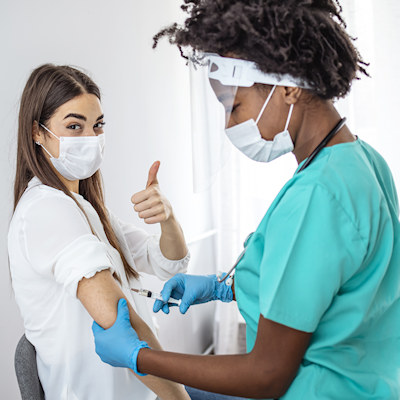 Plasmid DNA vaccine protects mice from COVID-19 by triggering T-cell response
Plasmid DNA vaccine protects mice from COVID-19 by triggering T-cell response
A plasmid DNA vaccine designed to trigger a T-cell response has protected most mice from a lethal dose of SARS-CoV-2, delivering preliminary evidence that the candidate may provide broader, more durable responses than existing COVID-19 shots. Read More
 English study finds demographic differences in COVID-19 rates between pandemic waves
English study finds demographic differences in COVID-19 rates between pandemic waves
An observational study in England found major ethnic, religious, and social differences in the risk of testing positive for SARS-CoV-2 between the second and third waves of the pandemic. Read More
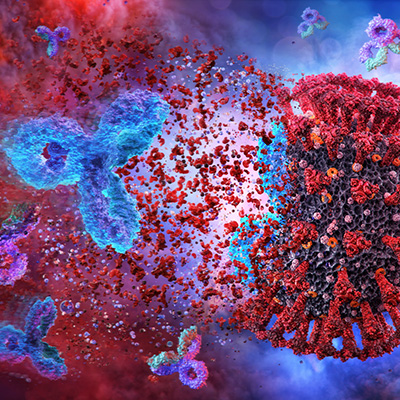 Monoclonal antibodies reduced COVID-19 hospitalization, death risk by a third: Study
Monoclonal antibodies reduced COVID-19 hospitalization, death risk by a third: Study
During the COVID-19 pandemic, healthcare providers nationwide administered an evolving array of monoclonal antibody treatments, previously untested on such a large scale. A study, published Monday in the Annals of Internal Medicine, showed that this effort saved lives. Read More
 Pandemic played out in vastly different ways across the U.S.: Study
Pandemic played out in vastly different ways across the U.S.: Study
A comprehensive state-by-state analysis of COVID-19 impacts across the U.S. revealed the underlying forces driving wide variations in health, education, and economic performance. Read More
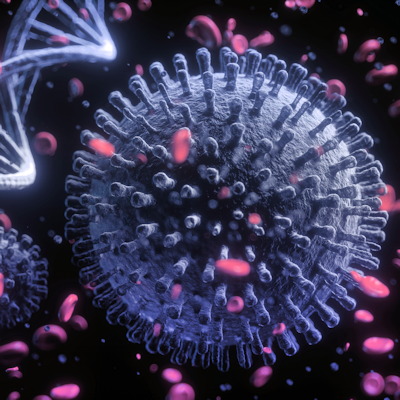 Rapid nirmatrelvir treatment may reduce long COVID risk
Rapid nirmatrelvir treatment may reduce long COVID risk
A study of people with SARS-CoV-2 infection who had at least one risk factor for progression to severe disease found that treatment with nirmatrelvir within five days of a positive SARS-CoV-2 test result was associated with reduced risk of post−COVID-19 condition, known as long COVID. The findings, published Thursday in JAMA Internal Medicine, held true across the risk spectrum in this cohort, regardless of vaccination status and history of prior infection. Read More
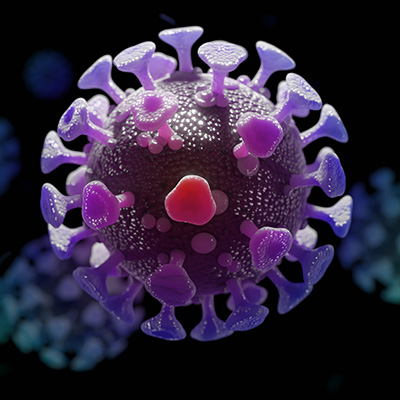 Simpler, cheaper screening method developed to democratize COVID-19 drug discovery
Simpler, cheaper screening method developed to democratize COVID-19 drug discovery
An alternative method for finding single-chain antibodies has yielded COVID-19 drug candidates that may be effective against variants of concern. Read More
 Long COVID less likely after Omicron than after original virus, Swiss researchers find
Long COVID less likely after Omicron than after original virus, Swiss researchers find
Swiss researchers have found that the Omicron variant of SARS-CoV-2 is much less likely to lead to long COVID than the original wild-type virus circulating at the start of the COVID-19 pandemic. Read More
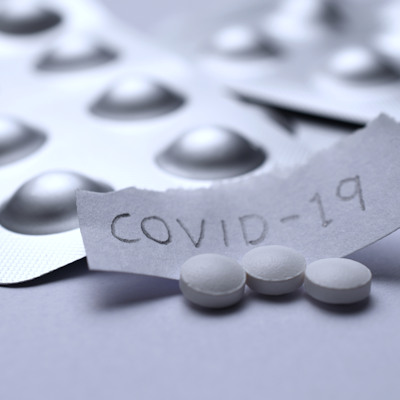 Artificial intelligence tool identifies current drugs for future pandemics
Artificial intelligence tool identifies current drugs for future pandemics
Researchers have created an artificial intelligence (AI)-based algorithmic tool that calculates how to effectively repurpose current drugs to combat both COVID-19 and future pandemics. Read More
 COVID-19 leads to increased chest pain long after infection
COVID-19 leads to increased chest pain long after infection
Researchers from Utah-based Intermountain Health, a not-for-profit system of hospitals, studied nearly 150,000 patients for cardiovascular symptoms following a COVID-19 infection. Read More
 Collaborative research helps long-COVID patients recover
Collaborative research helps long-COVID patients recover
In the NIH Directors Blog posted on Wednesday, Dr. Gary Gibbons of the National Heart, Lung, and Blood Institute writes about a National Institutes of Health (NIH) initiative, Researching COVID to Enhance Recovery (RECOVER). Read More
Member Rewards
Earn points for contributing to market research. Redeem your points for merchandise, travel, or even to help your favorite charity.
Research Topics
Interact with an engaged, global community of your peers who come together to discuss their work and opportunities.
Connect
Tweets by @ScienceBoard



